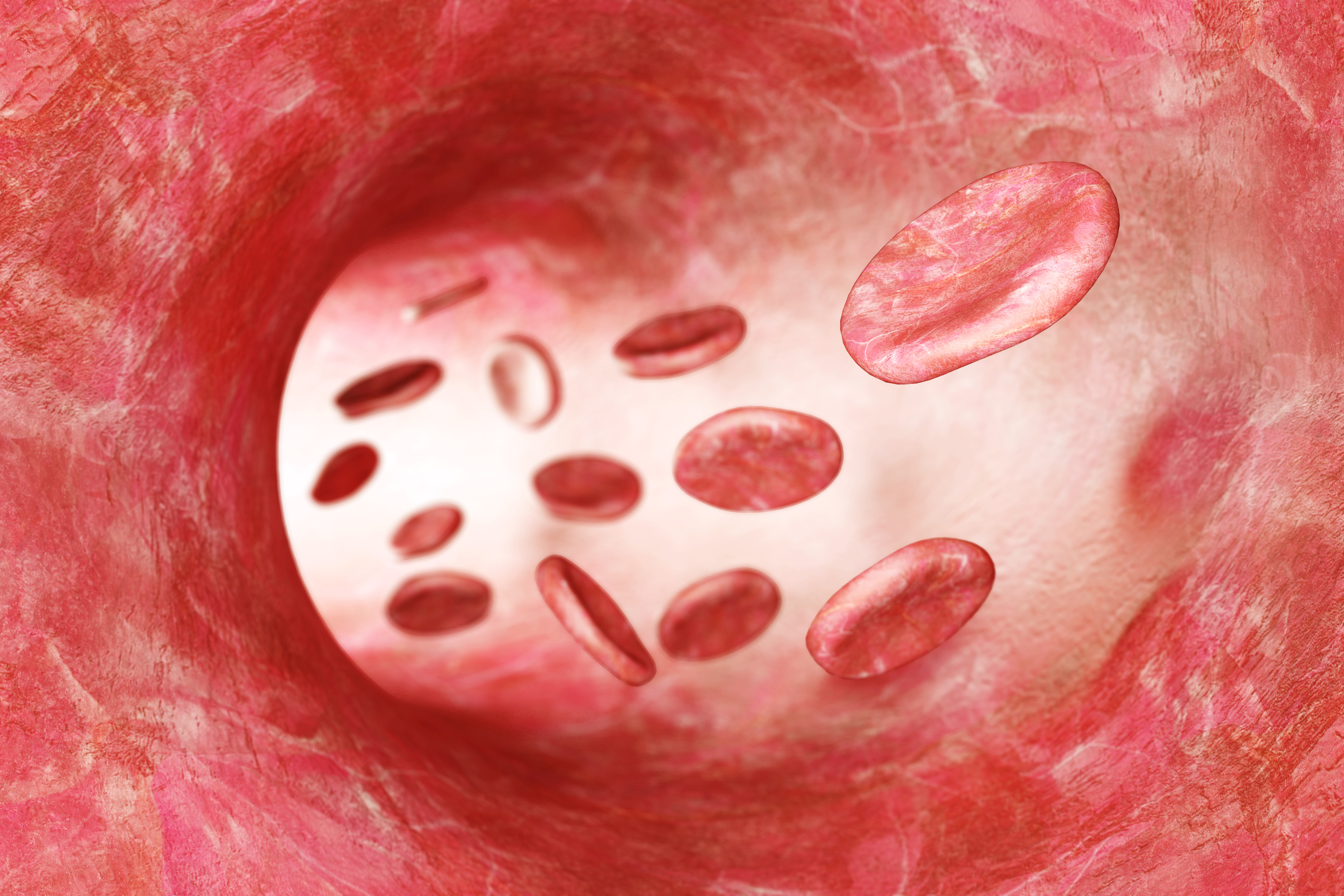Antiphospholipid Antibody Levels High In SSc Patients

Autoimmune conditions can sometimes come in pairs, and it appears that individuals for systemic sclerosis (SSc) may also be at a risk for antiphospholipid antibody syndrome. A study from the Clinical Immunology Department of Colentina Clinical Hospital in Romania identified that patients with SSc commonly express antiphospholipid antibodies, although not all are affected by the syndrome.
An antiphospholipid antibody is an antibody directed against the phospholipids on cell membranes. According to the National Heart, Lung, and Blood Institute, when the body attacks phospholipids, clots can form in the blood and lead to blocked blood flow and damage to organs. It is important to note that individuals with antiphospholipid antibodies do not necessarily have the syndrome, just as not all individuals who express anticentromere antibodies have SSc.
Since published literature is inconclusive on the presence of antiphospholipid antibodies in SSc patients, the team from Colentina Clinical Hosptial conducted a study to investigate the rate of occurrence in 36 patients with SSc. The study, “Association of Anti Phosphatidyl Ethanolamine Antibodies and Low Complement Levels in Systemic Sclerosis Patients – Results of a Cross-sectional Study,” was published in the Scandinavia Journal of Clinical & Laboratory Investigation.
The 36 recruited patients had their blood drawn and analyzed for antiphospholipid antibodies. A considerable percentage of patients were positive for a specific type of antiphospholipid antibody: 30.6% of patients had IgM anti phosphatidyl ethanolamine antibody, with 38.9% of the overall sample of patients expressing some type of antiphospholipid antibody.
The researchers were interested in making correlations between antibody presence and SSc symptoms. Their multivariate analysis identified that serum IgM anti phosphatidyl ethanolamine antibodies, IgM anti prothrombin, and IgG anti β2 glycoprotein 1 antibodies were more common in SSc patients with low complement levels. No other associations were made between antibodies and other SSc characteristics.
According to ARUP Laboratories’ Laboratory Test Directory, IgM anti phoshpatidyl ethanolamine antibody is at a normal level between 0 and 11 U/mL of serum. Equivocal is in the range of 12 to 18 U/mL of serum, and patients with this level should be retested in 4 to 6 weeks to determine if their level is truly high. Levels higher than 18 U/mL are considered positive, and patients may want to seek additional medical attention. However, SSc patients with positive antiphospatidyl antibodies should not be alarmed at a positive level, as they may not have antiphospholipid antibody syndrome.






